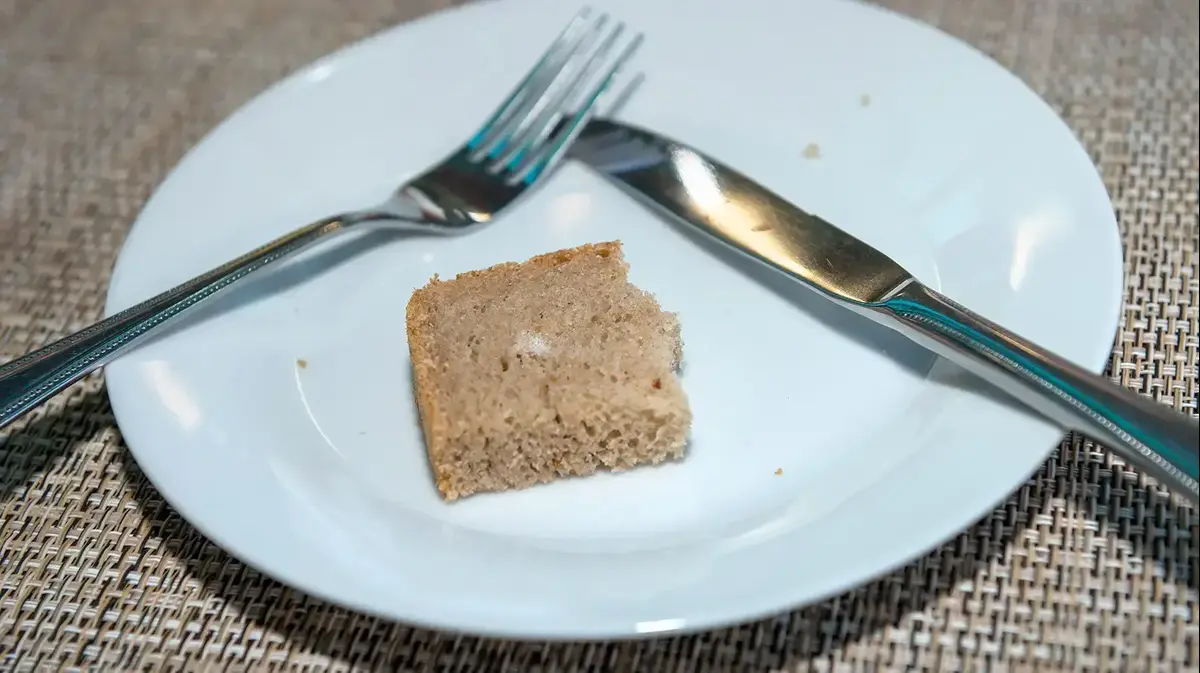"Making us choose between bread and medicine": the weaker sections in Israel among survival
The surge in the price of regulated bread will mainly affect citizens who face financial difficulties and consume basic products by default.
"It is impossible to know what will happen tomorrow, it is stressful," shares Hani from Rehovot, and Shani from Kiryat Gat adds: "Some people have nothing to eat and ministers receive a salary of NIS 40,000."
Meirav Cohen
14/07/2022
Thursday, 14 July 2022, 18:40 Updated: 21:47
Share on Facebook
Share on WhatsApp
Share on Twitter
Share on Email
Share on general
Comments
Comments
In the video: Rothschild protest against the cost of living (Photo: Uri Sela)
In the shadow of the recent price increases, last night (Wednesday) it was announced that the prices of regulated bread will also rise by tens of percent.
Citizens facing financial difficulties will usually direct their spending to the most basic products, but the latter cut is likely to affect them most severely.
Hani, a single mother of two daughters from Rehovot, told Walla!
On the difficulty of keeping up with price increases: "You accustom yourself to spending routines and any change affects the quiet in the house, it undermines the everyday every time again. It is especially annoying when it comes to products that are supposed to be monitored - where I find stability."
"It is impossible to know what will happen tomorrow," says Hani in pain. "I have no expectations from the government, but mostly disappointment. Not only from the current state but from the state in general. "At the moment, this is mainly reflected in the clothes. I try not to omit the girls, but only myself."
"You can't live like this."
Bread (Photo: Sharon Bukov)
Shani Dadon, 42, from Kiryat Gat, a single mother who receives a disability pension from Beit Leumi, is in heavy debt and is having difficulty supporting herself.
"I do not know whether to pay debts, rent, food or medicine."
She says.
"I do not know where I will go. The price increases end us, it is impossible to live like this. Some people have nothing to eat and ministers receive a salary of 40,000 shekels. How do they want people to survive?"
Shani describes the economic difficulties and the daily struggle for survival.
"We try to live with dignity and grasp ourselves in the teeth but it just finishes us off, I do a calculation of shekels on bread and milk. Even the strongest person will not be able to hold on. They have raised the price to the most basic things and it does not make sense. They make us choose between bread "For medicines, how can bread be reduced? Two working people are also unable to keep up with price increases, we are afraid to go to the grocery store."
"I have no expectations from the government, but mostly disappointment."
Hani Rehovot (Photo: official website, courtesy of the photographer)
Pethon Lev CEO Eli Cohen: "The rise in the price of regulated bread tells the whole story of the wave of price increases - carelessness and disregard for the lives of the weaker sections of the State of Israel, to the point of inconceivable absurdity.
We can no longer get up in the morning without hearing about another price increase that directly affects the pocket of each of us and especially those who are having the hardest time of all.
And all this is happening at a time when politicians are spending billions on election campaigns and displaying an extraordinary level of disconnection from the people.
Shame. "
Little Stein Debbie, director of the" Babies of Life "project, added:" Every time they announced price increases we saw the immediate impact on the families who called to ask for more help in expanding the basket sent to them each month.
These are families who have nothing to save and when the rise in prices reaches the basic products such as bread and eggs, it hurts them the most.
We come across difficult stories of mothers who are forced to make impossible choices between food and heating,
Following the decision to increase the price of bread products under supervision, the new prices were announced today, indicating a tens of percent increase in the prices of almost all breads under supervision.
According to the new price list, a flat-sliced loaf of bread will cost NIS 7.91, instead of NIS 7.11, a price increase of 11%.
Regular challah under supervision will now cost NIS 6.26, instead of NIS 5.17, an increase of 21%.
The most significant increase is for uniform bread, the most basic bread, which will increase in price from NIS 5.12 to NIS 6.96, an increase of 36%.
Another price increase, also at a rate of 36%, is also recorded by white bread, which will cost from NIS 5.12 per loaf, to a price of 6.97.
news
News in Israel
Society and welfare
Tags
bread
price increase
Supervised products

